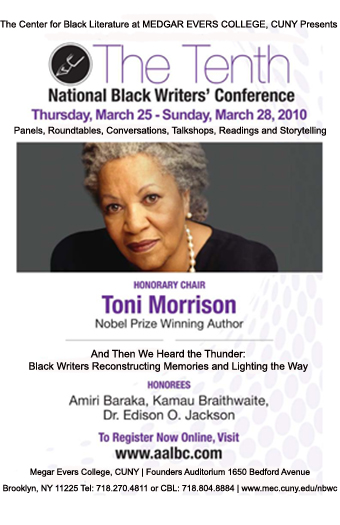REVIEWING
The Anthologist
by Nicholson Baker
Published by Simon & Schuster | 243 Pages | $25.00 | "Only Prose"
Reviewed by Jamie Metrick
It is the sad truth that in these modern times, writers have figured out how to lead a (somewhat) healthy, rewarding life and still be a published author. But without an abusive father like Tennyson, or a life marred by death, like Edgar Allen Poe, or the mental illness and suicide of Vachel Lindsay, how can one expect lasting praise and fame? Nicholson Baker's The Anthologist plays with the fears, pressures, joys, and tortures of writing masterpieces by a generation of bards who are "only a little messed up."
In Baker's new novel, Paul Chowder, a semi-acclaimed poet desperate for money, has one task to complete: to write an introduction to his poetry anthology, Only Rhyme. But the introduction is both the bane of Chowder's existence and the novel's only plot point. As a result, the reader is drawn into the inner works of Paul's mind as he spends his whole summer doing everything but write.
He tries to soothe the strained relationship with his ex, Roz, attempts to clean his barn office, takes on various home improvement projects, and avoids his editor. His exercise in procrastination lasts over two hundred pages, but one cannot help but feel empathy for Paul's cycle of idleness, guilt, and self-deprecation.
Though he claims to be a terrible college instructor, Chowder wants nothing more than to teach us, the readers, how to appreciate poetry; especially rhyming poetry. (He loathes free verse, referring to them as plums.) He defends the brilliance of iambic pentameter, but explains why the phrase "iambic pentameter" is so confusing and wrong. Whole long, freewheeling sections are devoted to the fascinating, but doomed, histories of famous poets.
He shares his love of Louise Bogan and Sara Teasdale and his hatred for Ezra Pound and the Futurist movement. The melodramatic and dangerous lives of Paul's idols compared to his trips to buy a table cloth and reorganize his books, only serve to highlight his mundane life. Most of all, we glean Paul's insecurities as a writer, facing the truth that all well-adjusted artists must. "You have to suffer in order to be a human being who can help people understand suffering. I have a mouse in my kitchen," Chowder wryly laments.
Baker explores the joys of reading poetry and the suffering experienced from creating them. Although little action occurs, the tension of Chowder's procrastination sets an anxious tone that anyone who has ever put off a project can relate to. At times it is painful to watch Paul spiral deeper into self-loathing, and the sections on rhyme and meter read more like a high school text book than a celebration of rhyme.
For a story built on slowly unfurling events, the final chapter brings loose ends to a close too rapidly and with not enough explanation. Three pages after a sudden epiphany, Paul manages to achieve more in a week than in an entire summer of self-doubt and listlessness.
The long lectures and musings by Paul portray the mind of a very real artist in a very real creative limbo. For those who have never picked up a volume of Sara Teasdale or think good poetry doesn't rhyme, The Anthologist is an inspired Poetry 101. For seasoned poets plagued by low pay and bad reviews, Baker has written a reaffirmation for the joys of suffering and of writing. In the end, they are the same act.


